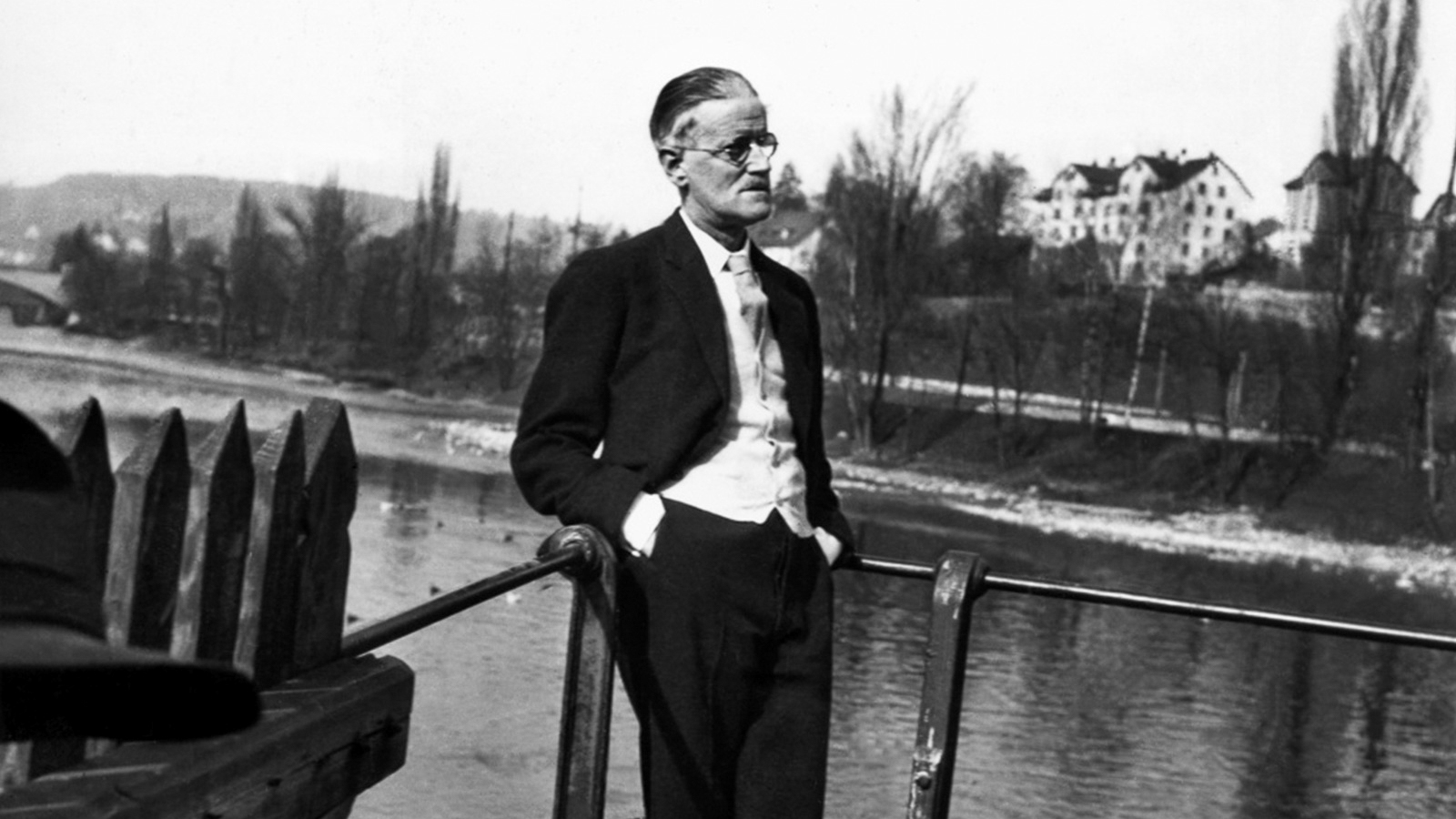Between art and madness
Fleeing his conservative family, Friedrich Wilhelm Wagner was searching for freedom. This search led the poet to Zurich and into the circles of Dadaism.
The time before and during World War I, and up to the beginning of World War II, seems to have been an era of myriad possibilities. Resounding success and disastrous collapse were equally close at hand, and not just on the battlefield or at a political level.
Evening
The day faded away
In a rosy hue.
The water sang wearily.
It’s already getting light.
In the depths of the park
Something ugly stirs.
Shivering in the night
Stone women stand.
These lines were written in 1920 by German poet Friedrich Wilhelm Wagner, who was part of the literary scene in Zurich for a while. It is one of his last works, published in his poetry volume Jungfrauen platzen männertoll.
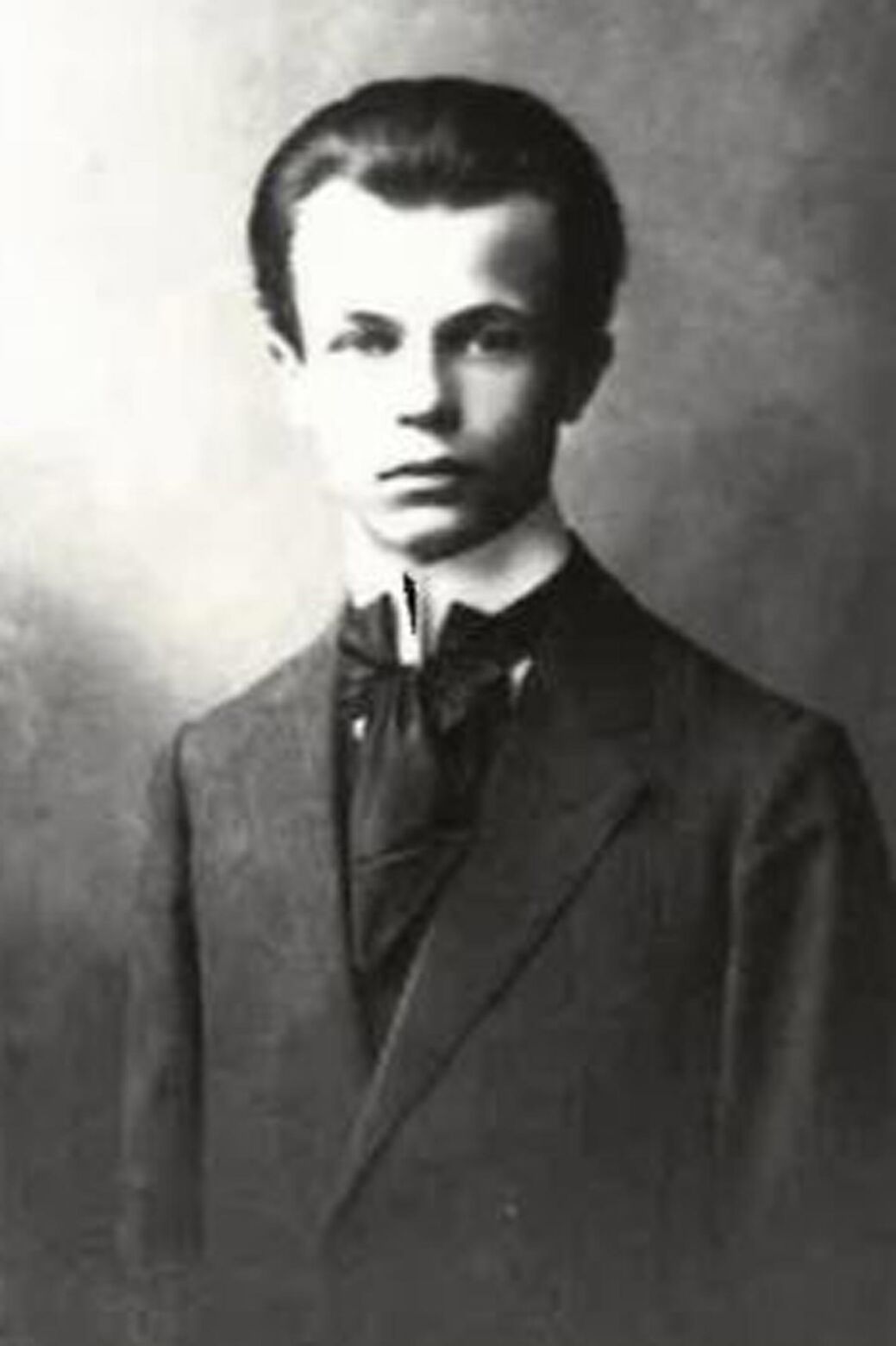
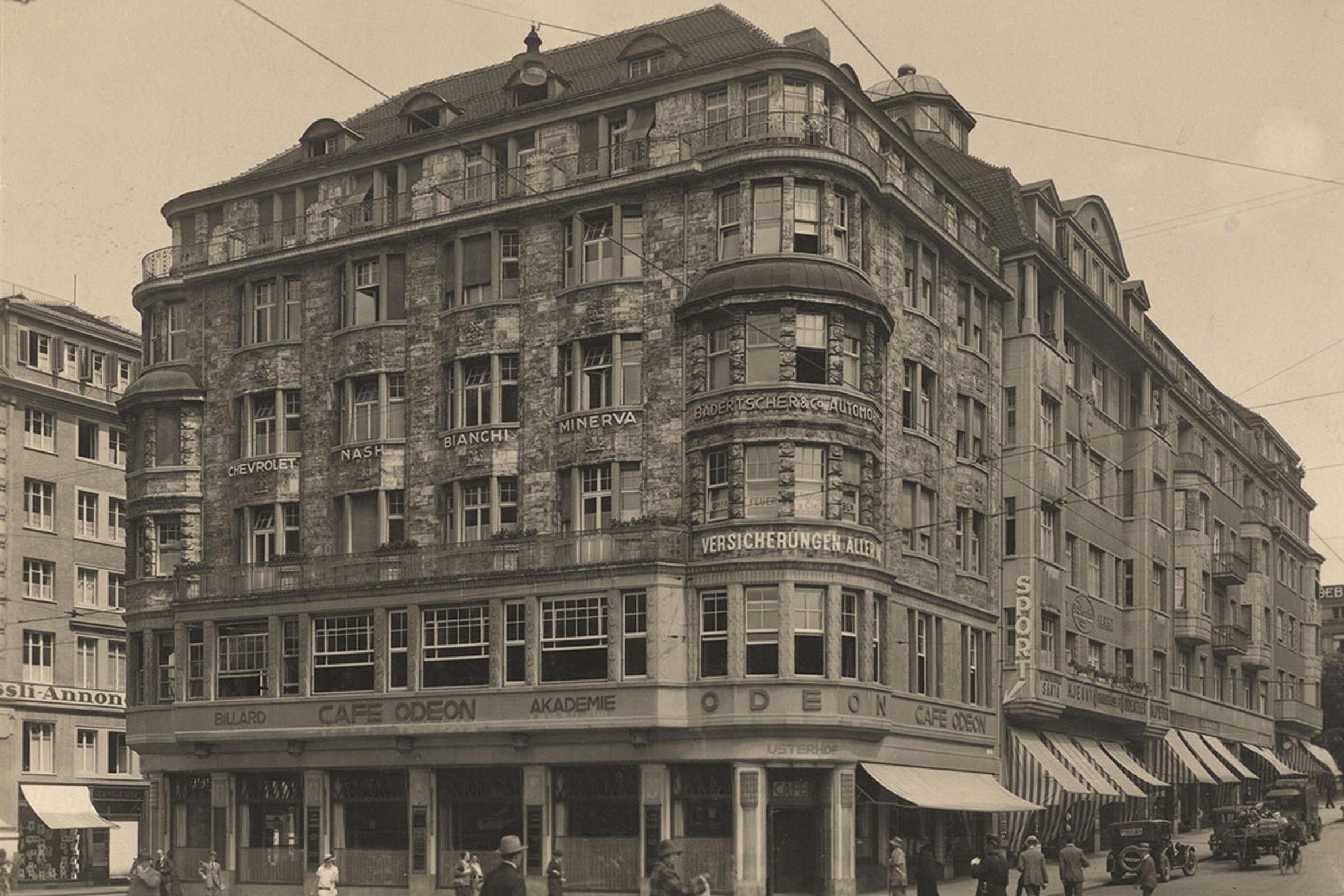
The Café Odeon in Zurich.
Friedrich Wilhelm Wagner couldn’t seem to settle anywhere for long.
It was certainly not the kind of art and literature his father liked. Wagner Senior was a teacher, and a devotee of the bygone imperial age. Growing up in a patriarchal environment, the young Friedrich Wilhelm saw himself constantly thwarted by parental pressure: it was important that he make something decent of himself. He did in fact begin a degree course in economics and philosophy in Munich; however, he pursued his studies only half-heartedly. His true passion lay in writing poems, which he sold to various newspapers but also published in a first volume of poetry.
Friedrich Wilhelm Wagner couldn’t seem to settle anywhere for long. Before he lived in Zurich his stops included Berlin and Paris, among others. In the French capital between 1913 and 1914, Wagner experimented with morphine, hoping to significantly expand his consciousness. In Zurich, the German gravitated towards the circles that would later found the Dadaism movement.
Kooperation
Dieser Artikel ist ursprünglich auf dem Blog des Landesmuseums erschienen. Dort gibt es regelmässig spannende Storys aus der Vergangenheit. Egal ob Doppelagent, Hochstapler oder Pionier. Egal ob Künstlerin, Herzogin oder Verräterin. Hier kann man eintauchen in den Zauber der Schweizer Geschichte.
In the early 20th century neutral Switzerland was a meeting point, but also a safe haven for scores of European intellectuals. Together with the Café de la Terrasse, the Kaffeehaus Odeon in Zurich, opened in summer 1911, was the ‘place to be’. Musicians such as Franz Léhar, scientists such as Albert Einstein and poets and thinkers such as Hans Arp, Tristan Tzara and Hugo Ball were frequent patrons of these two venues.
The then 22-year-old Friedrich Wilhelm Wagner heard the call of the liberal-minded Bohemians. He came to Zurich in June 1914, and attached himself to the expressionist art scene from which the Dadaists would later emerge. Wagner wrote, mostly in the Café Astoria, like ‘a man possessed’, as one acquaintance put it. He had brought his drug addiction with him from Paris to Zurich.
In 1918 Friedrich Wilhelm was declared mentally ill as a ‘chronic morphine addict’.
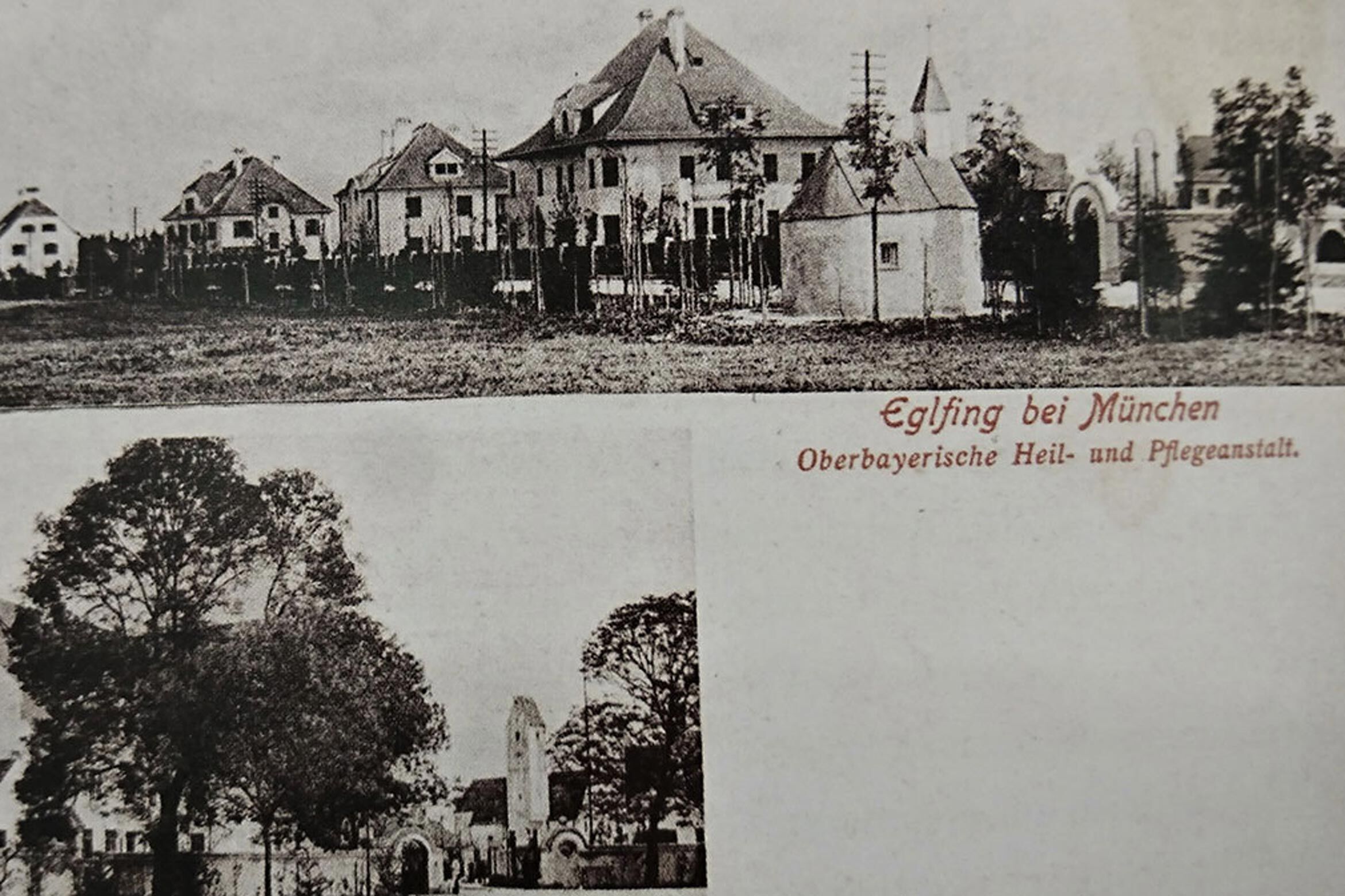
Friedrich Wilhelm Wagner spent several months in the Eglfing sanatorium between 1918 and 1919.
At the end of July 1914, World War I broke out. Due to his tuberculosis, Friedrich Wilhelm avoided active service. Nevertheless, his days in Switzerland were numbered and he obediently returned to Germany at his father’s behest.
In 1918 Friedrich Wilhelm was declared mentally ill as a ‘chronic morphine addict’ and was admitted to the Heilanstalt Eglfing sanatorium near Munich until March 1919. It wasn’t his last stay in a clinic. After two more years of restless roaming and the production of several literary works, of which Irrenhaus (Madhouse), which reflected his experiences but also his fantasies in the mental hospital, became known to a wider audience, Friedrich Wilhelm Wagner returned home, once again under pressure from his father. Heinrich Wagner had already given up any notion that his son would become an academic.
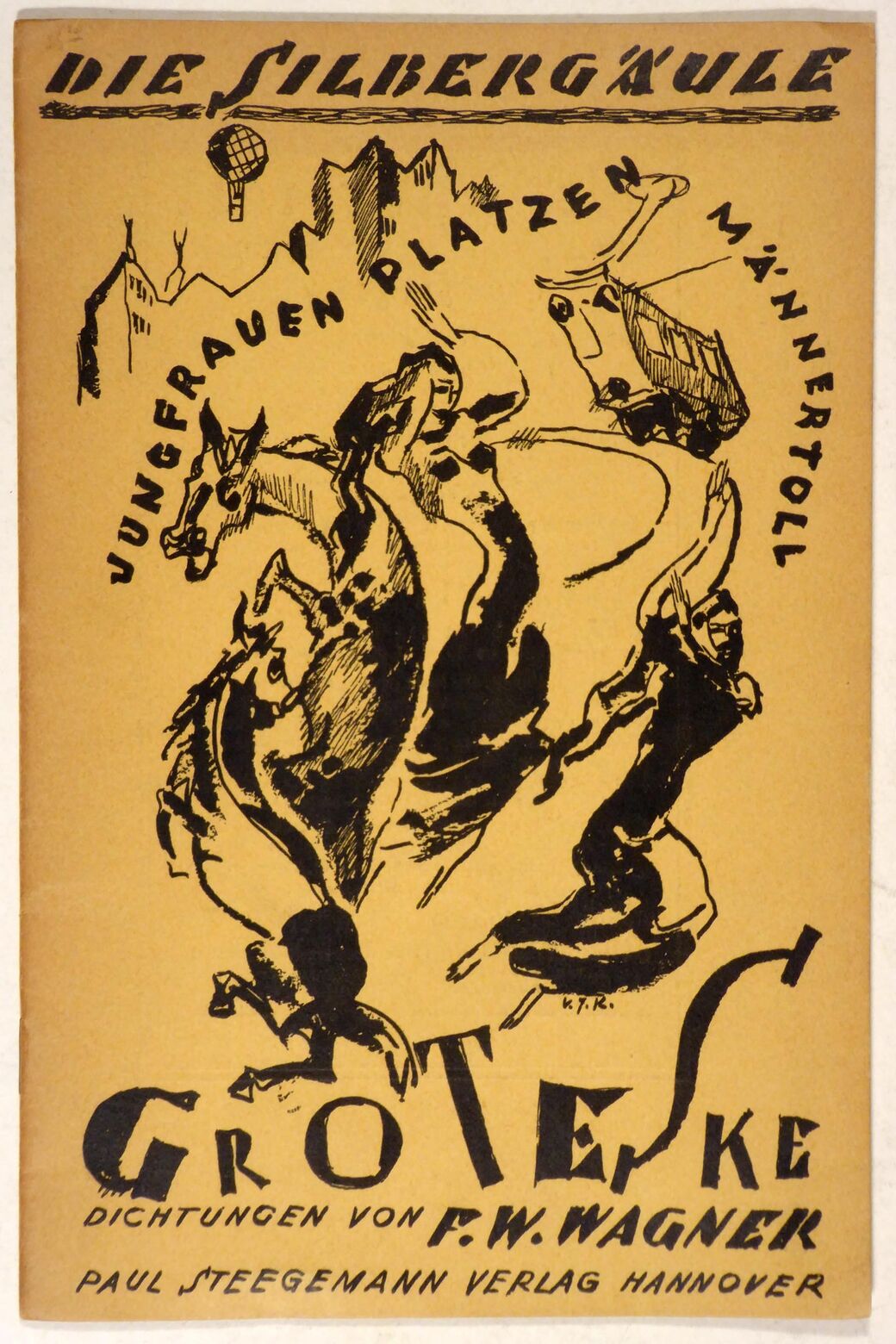
A short-lived marriage for the poet, who was still addicted to morphine.
But he could still become a decent public servant. The father found his son a job as a bank clerk. He also made Friedrich Wilhelm promise not to write any more. That was in 1920. It was also the year Friedrich Wilhelm married Minni Cloos. A short-lived marriage which seemed at least to bring some brief joy into the life of the poet, who was still addicted to morphine:
…All things again
Smiling, favourably disposed,
I amble through my life,
Dreamer, hero and child…
Friedrich Wilhelm Wagner worked as a bank clerk until his early death in 1931. But, as promised, he never published another poem.






